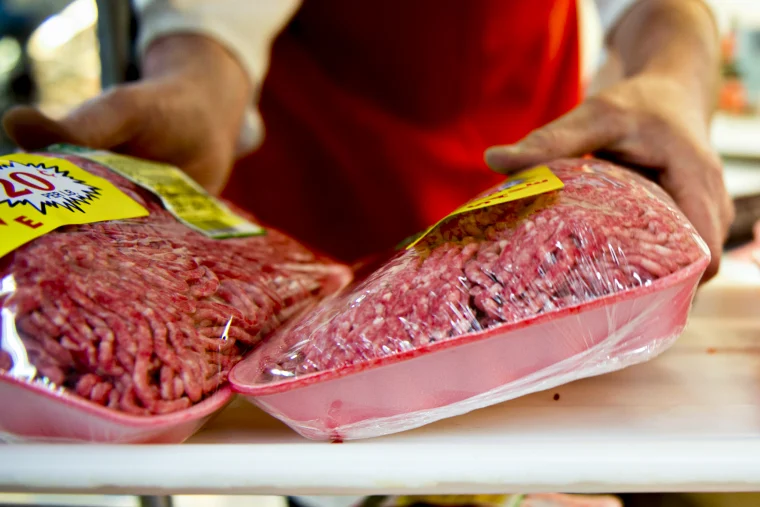
The discovery of Escherichia coli (E. coli) in food products such as ground beef and walnuts can trigger significant public health concerns and widespread recalls. Here’s what you need to know about E. coli contamination, how it can affect your health, and tips to protect yourself.
Understanding E. Coli
E. coli is a type of bacteria that naturally lives in the intestines of people and animals. While most strains are harmless, others, like the O157:H7 strain, can cause severe abdominal cramps, diarrhea (often bloody), and vomiting. If the infection becomes systemic, it can lead to life-threatening conditions such as hemolytic uremic syndrome (HUS), a type of kidney failure.
Sources of Contamination
Ground Beef
E. coli in ground beef often results from the slaughtering process, where the bacteria from the animal’s intestines can come into contact with meat. Ground beef is particularly susceptible because the grinding process can spread the bacteria throughout the meat. When ground beef is not cooked to the recommended internal temperature of 160°F (71°C), the bacteria can survive and cause illness.
Walnuts
For walnuts, the contamination can stem from the soil or water used during the growing or processing stages. It can also occur during the harvesting, storage, or transport stages. Unlike ground beef, walnuts are typically consumed raw, which increases the risk of consuming live bacteria.
Health Implications
The symptoms of an E. coli infection can appear within three to four days after eating contaminated food, though they can also occur as early as one day or as late as ten days later. The duration of symptoms can vary, but they typically last about a week. In severe cases, particularly among young children, older adults, or those with weakened immune systems, E. coli O157:H7 can cause more severe health issues.
Prevention Tips
For Ground Beef
- Cook Thoroughly: Always cook ground beef to an internal temperature of 160°F (71°C) to ensure all bacteria are killed. Use a meat thermometer to check the temperature.
- Handle Safely: Avoid cross-contamination by using separate utensils, cutting boards, and plates for raw meat and other foods.
- Store Properly: Refrigerate or freeze ground beef shortly after purchasing. Keep it in a sealed container to prevent juice leakage.
For Walnuts
- Purchase from Reputable Sources: Ensure that walnuts are bought from reputable sources that follow good hygiene and safety practices.
- Wash Hands and Utensils: Always wash your hands and all utensils thoroughly after handling raw walnuts.
- Consider Toasting: Toasting walnuts can reduce the risk of bacteria, but it may not eliminate all pathogens.
What to Do if You Suspect Contamination
If you suspect that you have purchased contaminated ground beef or walnuts:
- Do Not Consume: Avoid eating the suspected food.
- Contact Your Local Health Authority: Report the issue to help prevent further cases and receive guidance on what to do next.
- Monitor Health: If you develop symptoms of an E. coli infection, seek medical attention promptly. Early intervention is crucial, particularly for the more virulent strains.
E. coli contamination is a serious issue that requires vigilance and proper food handling practices to prevent. By understanding the sources of E. coli and following preventive measures, you can help protect yourself and your family from this dangerous pathogen.



